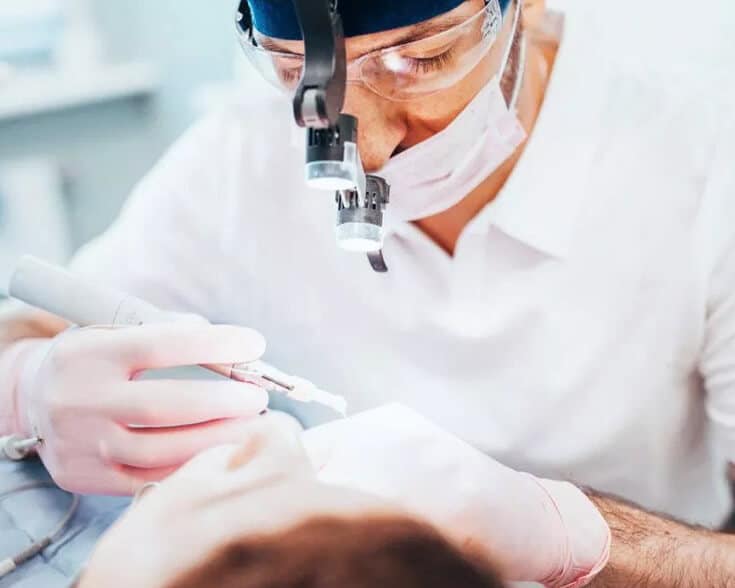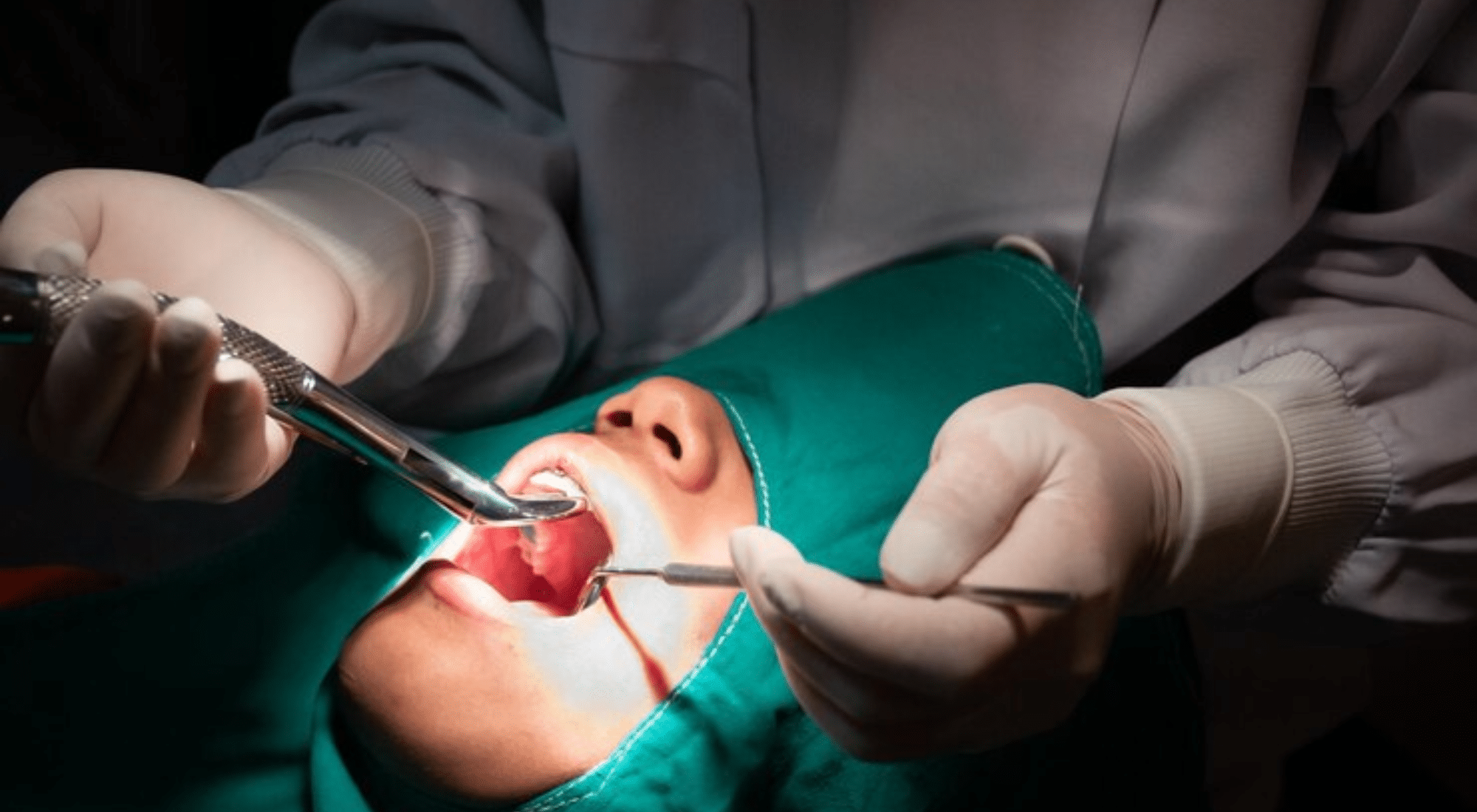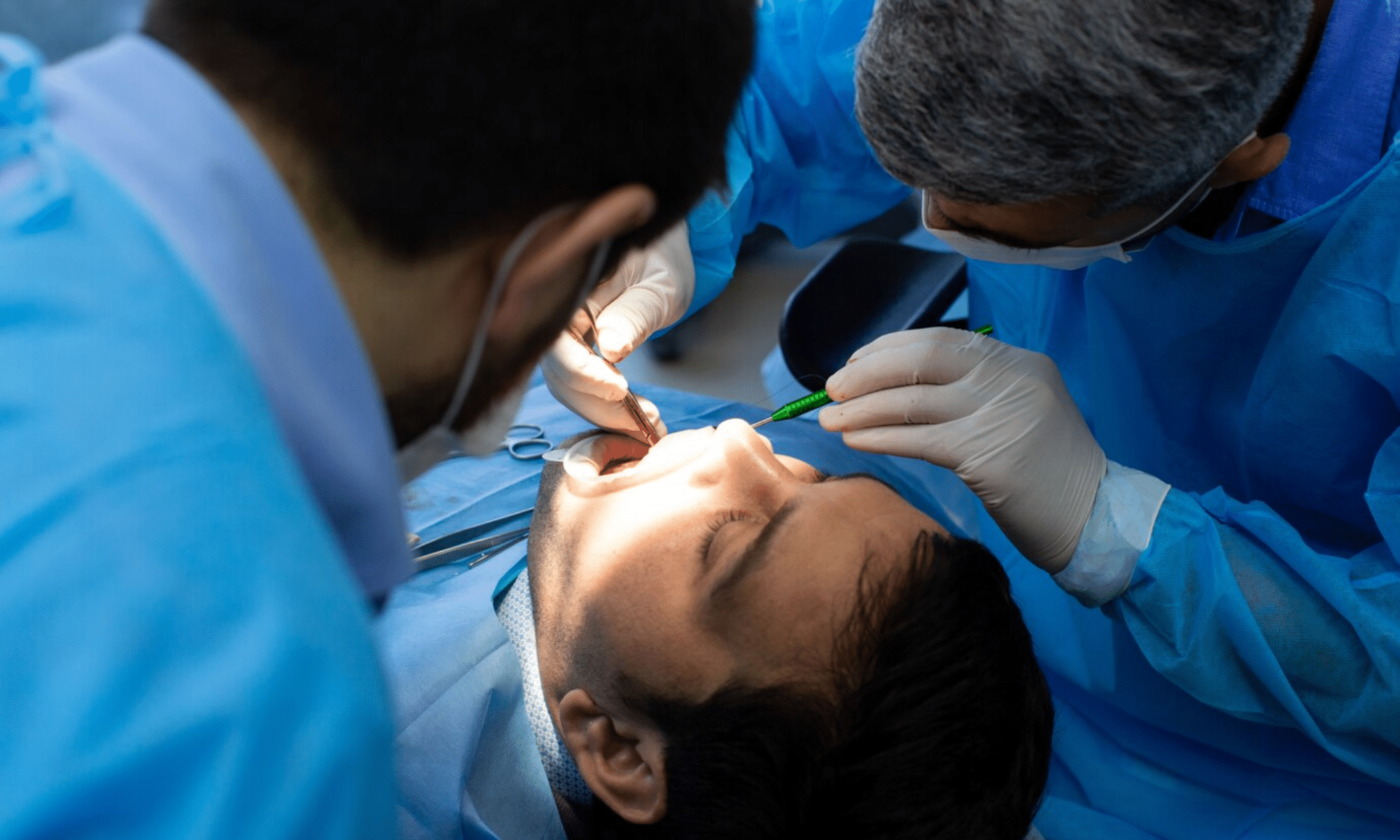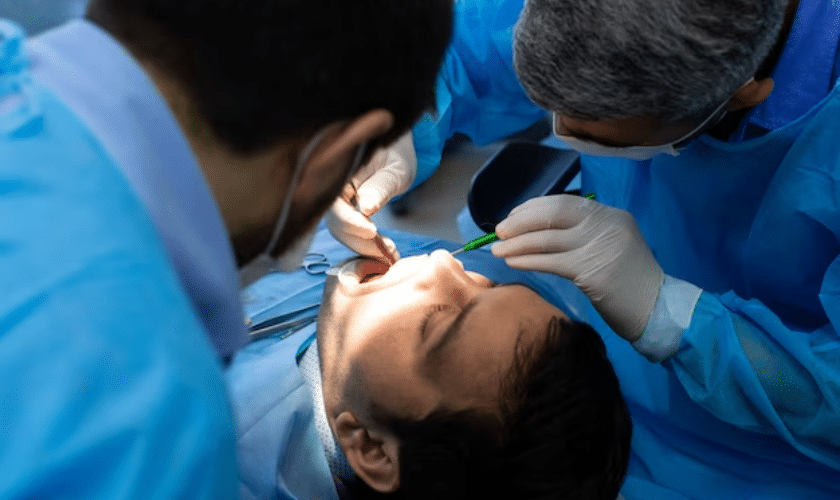
Preparing for Oral Surgery: What You Need to Know
Are you gearing up for an upcoming oral surgery? Whether it’s a routine extraction or a more complex procedure, the thought of undergoing oral surgery can be daunting. But fear not! With the proper preparation and knowledge, you can make your experience as smooth and comfortable as possible. In this blog post, we’ll cover everything you need to know about preparing for oral surgery – from what to expect during the procedure to how to care for yourself afterward. So please sit back, relax, and let us guide you through this critical journey toward optimal oral health!

What is Oral Surgery?
Oral surgery is a type of surgery that involves performing procedures on the mouth, including oral cancer surgery and corrective jaw surgery. It can also include procedures to remove teeth, fix broken teeth, and correct oral deformities.
There are several different types of such surgeries that a doctor may perform on you. However, some common types of these surgeries include:
- Oral cancer surgery is the most common type of oral surgery. Oral cancer surgery involves removing the cancerous cells from your mouth using special equipment.
- Correctional jaw surgery: This is used to repair problems with your jaw, such as a crooked or misshapen tooth.
- Tooth removal: This is the most common oral surgery in the United States. Tooth removal includes everything from simple fillings to complete tooth extractions.
- Fixing broken teeth: Broken teeth can be fixed using various techniques, including crowns and bridges.
Types of Oral Surgery
There are several different types of such surgery that patients may need. It includes teeth extraction, dental implant removal, and tooth restoration. Each type of surgery has its risks and benefits, so discussing the options with your dentist before deciding is essential.
Tooth extraction is the most common type of this surgery. It involves removing a dental tooth from the mouth. Several methods are used for tooth extraction, including general anesthesia and local anesthesia. The risks associated with tooth extraction include pain and bleeding. However, the risks also depend on the method used to perform the extraction.
Dental implant removal is another common type of oral surgery. Dental implants are metal devices that are inserted into the jawbone to replace teeth that have been lost due to decay or disease. Over time, these implants can become loose and require surgical removal to restore stability to the jawbone. The risks associated with dental implant removal include pain and bleeding. But, again, the risks also depend on the method used to remove the implant.
Tooth restoration is another common type of oral surgery. Tooth restoration involves replacing a damaged or missing tooth with a new tooth custom-made by a dentist. The restored tooth will look and feel similar to your natural teeth because it has been made using your teeth as a model.
Preparation for this procedure
Preparation for oral surgery can be daunting, but with proper preparation, you can make the experience as smooth as possible. Here are some tips to help you get ready for your procedure:
1. Make an appointment with your dentist. It is a significant operation requiring coordination between the dentist and other medical professionals. Therefore, a timeline is essential so everyone knows what to expect.
2. Get your dental braces removed at least two weeks before your procedure. Braces can cause significant discomfort during oral surgery and may need to be removed for the doctor to perform their work effectively.
3. Arrange for transportation or stay at home if possible. Many people elect to stay home after this surgery, but this is entirely up to you. Ensure you have your information handy in case anyone needs to contact you in the days or weeks after your procedure.
4. Bring photos of yourself before and after surgery so the team can see how you will look following surgery. It will help them plan your treatment more accurately and ensure that no areas are missed during the procedure
What to Expect During and After Oral Surgery
If you are considering this procedure, there are a few things you need to know to make the process as smooth as possible for yourself.
First, it is essential to understand that oral surgery is generally very safe. However, like any medical procedure, there is always a small risk of complications. If you have any questions or concerns about the risks and benefits of oral surgery, be sure to speak with your doctor before making a decision.
Second, be aware that oral surgery can take time to recover from. You may experience some pain and swelling following the surgery, and it may take several weeks for your mouth to return to its normal appearance. For this reason, ensuring you take proper care of your mouth during this time is essential. For example, ensure you drink plenty of fluids and eat soft foods that will not aggravate your wound. Additionally, be patient and allow your body to heal correctly after oral surgery – if you follow these guidelines, you should have no problems recovering from oral surgery!
Source: UF Health Jacksonville
Questions to Ask Your Doctor
- What are my options for anesthesia?
Your oral surgeon will provide you with an anesthesia protocol, including the type of anesthesia and the dose of sedative. As with most surgeries, there is a risk of complications if the anesthesia is not used correctly or if the patient has pre-existing medical conditions that the anesthesia could exacerbate.
- What are my risks for surgery?
Several risks are associated with this surgery, including bleeding, infection, nerve damage, and scarring. Your doctor will work with you to minimize these risks.
- How long will I need to stay in the hospital after surgery?
You may be released from the hospital as soon as 24 hours after surgery, but it is generally recommended that patients stay overnight for safety reasons.
Preparing for oral surgery can feel overwhelming, but with the right information, you can approach the procedure with confidence. It is crucial to follow your dentist’s pre-operative instructions, which may include fasting, discontinuing certain medications, and arranging for transportation. Understanding the surgery process, potential risks, and post-operative care instructions is essential for a successful recovery. Maintain open communication with your oral surgeon, addressing any concerns or questions you may have. By being proactive in your preparations and adhering to the guidelines provided, you can ensure a smoother surgical experience and promote optimal healing. Remember to follow post-operative instructions diligently to facilitate a speedy and comfortable recovery.




